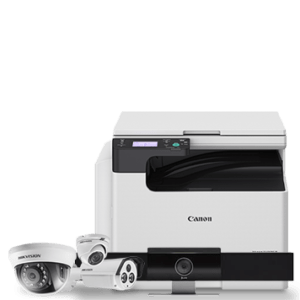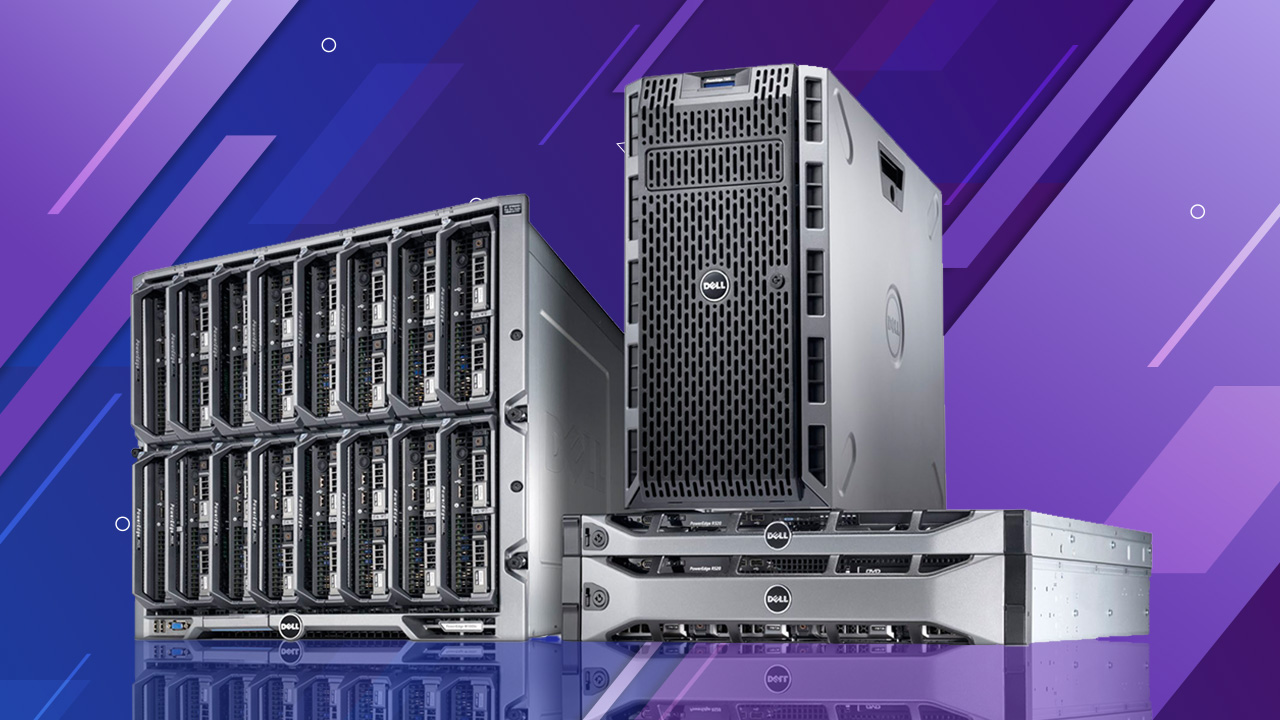



In today’s rapidly evolving technological landscape, servers play a pivotal role in facilitating data storage, processing, and communication. For individuals new to the world of servers, comprehending their significance and making informed decisions regarding server acquisition can be quite challenging. This blog aims to demystify servers, provide an understanding of their importance, and explore the advantages of renting servers over buying, especially for start-up’s and businesses.
Understanding Servers
At its core, a server is a robust and potent computer system equipped with enhanced RAM, processing power, and specialised cards. However, unlike the personal computers we are familiar with, servers lack the conventional peripherals such as screens, keyboards, and mice. In essence, servers are large-scale CPUs designed to handle extensive data storage, complex computations, and seamless communication.
Analogous to how your personal computer houses your files and data, a server stores and manages information related to websites it hosts. This information is then distributed to various devices—computers, laptops, mobile phones—when users access these websites. Whenever you enter a URL in your web browser, your computer communicates with the hosting server, retrieving the requested data and displaying it on your screen.
The Client-Server Model
The dynamics of servers are often described through the client-server model. In this model, your device, the client, connects to the server to access various services or functionalities. These services can encompass anything from sharing data and resources among multiple computers to executing computations on behalf of the client. Just as multiple platforms list the same hotel, a single server can cater to numerous clients, while a client can interact with multiple servers simultaneously.
Diverse Server Roles
Servers aren’t one-size-fits-all machines; they fulfil distinct roles based on their functionalities. For instance, a mail server specialises in storing and delivering emails, acting as an intermediary between sender and recipient. On the other hand, a file and print server serves a dual purpose: storing files and managing print jobs from clients, ensuring seamless connectivity with network-attached printers.
Why Choose Renting Over Buying?
For start-up’s and businesses, the decision to acquire a server is not to be taken lightly. Here are compelling reasons why opting to rent a server might be a more prudent choice:
Cost-Effectiveness: Purchasing a new server can strain a business’s budget, particularly when there are other essential investments to consider. Opting for refurbished servers with a minimum of 3 months warranty might seem attractive, but the potential risks associated with failed servers and replacement procedures can have a significant impact on business operations.
Expert Maintenance and Support: Server maintenance can be intricate and time-consuming. By renting a server, you offload the responsibility of upkeep, repairs, and upgrades to professionals who are well-versed in server management. This ensures smooth operations without the need for in-house expertise.
Flexibility and Scalability: Renting provides the flexibility to choose a server that aligns with your current needs. As your business expands, you can easily upgrade to a more powerful server configuration without bearing the entire cost of hardware replacement.
Security and Data Integrity: Rented servers often come with comprehensive security measures, safeguarding your data from breaches and unauthorised access. The physical and digital security protocols implemented by server rental companies ensure that your critical business information remains protected.
Focus on Core Competencies: Renting a server enables you to focus on your business’s core activities without getting bogged down by technical intricacies. This concentration on essential tasks can lead to increased productivity and growth.
Conclusion
Understanding servers and making the right choice between renting and buying is essential for businesses seeking efficient data management and communication. Renting servers offers an array of benefits—cost savings, expert maintenance, scalability, enhanced security, and streamlined operations. For startups and businesses looking to optimise their resources and ensure seamless digital operations, renting a server emerges as a strategic and prudent decision. In an era where technology drives competitiveness, harnessing the power of servers through informed choices can be a defining factor in a business’s success journey

